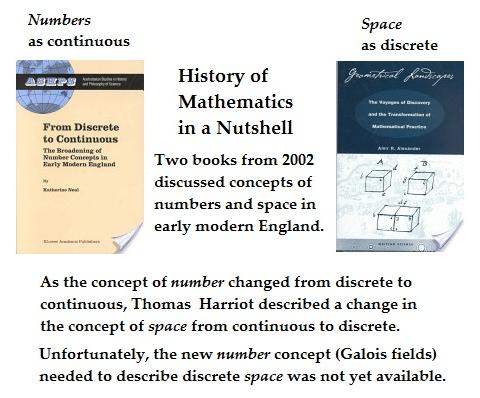Non-Euclidean
Blocks
Passages from a classic story:
… he took from his pocket a gadget he had found in the box, and began to unfold it. The result resembled a tesseract, strung with beads….
 Tesseract
Tesseract
"Your mind has been conditioned to Euclid," Holloway said. "So this– thing– bores us, and seems pointless. But a child knows nothing of Euclid. A different sort of geometry from ours wouldn't impress him as being illogical. He believes what he sees."
"Are you trying to tell me that this gadget's got a fourth dimensional extension?" Paradine demanded.
"Not visually, anyway," Holloway denied. "All I say is that our minds, conditioned to Euclid, can see nothing in this but an illogical tangle of wires. But a child– especially a baby– might see more. Not at first. It'd be a puzzle, of course. Only a child wouldn't be handicapped by too many preconceived ideas."
"Hardening of the thought-arteries," Jane interjected.
Paradine was not convinced. "Then a baby could work calculus better than Einstein? No, I don't mean that. I can see your point, more or less clearly. Only–"
"Well, look. Let's suppose there are two kinds of geometry– we'll limit it, for the sake of the example. Our kind, Euclidean, and another, which we'll call x. X hasn't much relationship to Euclid. It's based on different theorems. Two and two needn't equal four in it; they could equal y, or they might not even equal. A baby's mind is not yet conditioned, except by certain questionable factors of heredity and environment. Start the infant on Euclid–"
"Poor kid," Jane said.
Holloway shot her a quick glance. "The basis of Euclid. Alphabet blocks. Math, geometry, algebra– they come much later. We're familiar with that development. On the other hand, start the baby with the basic principles of our x logic–"
"Blocks? What kind?"
Holloway looked at the abacus. "It wouldn't make much sense to us. But we've been conditioned to Euclid."
— "Mimsy Were the Borogoves," Lewis Padgett, 1943
|














